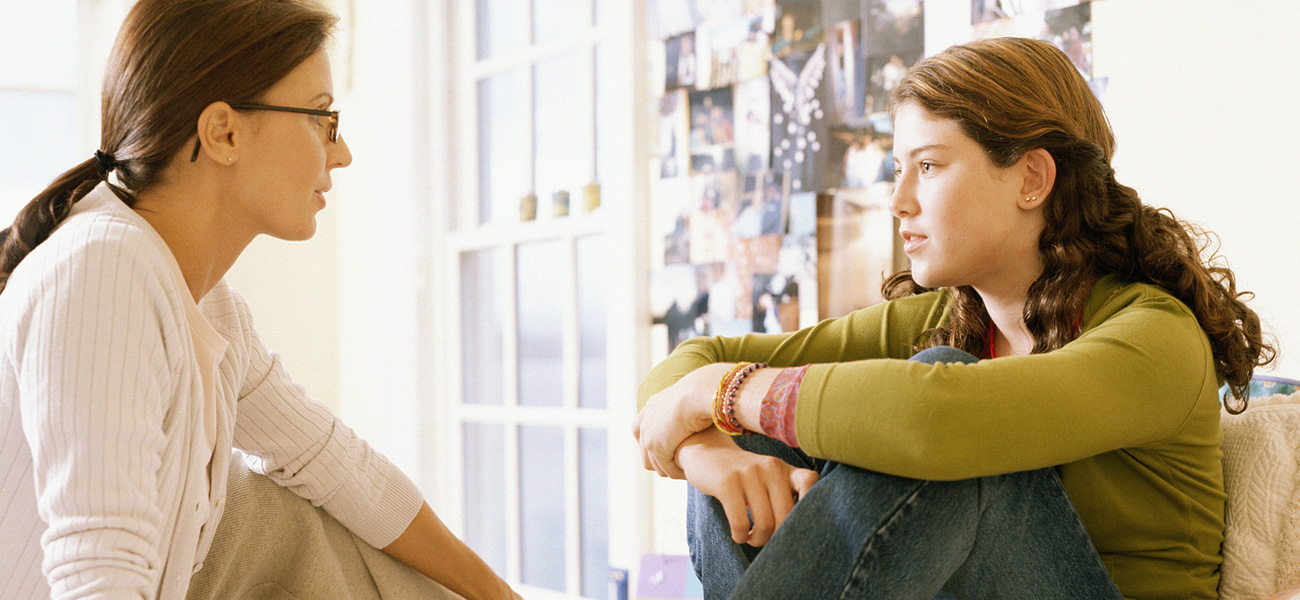Many people find it best to be honest with family and friends. By confiding in loved ones, you give them the chance to offer their support. It's true that some of your relatives or friends may not know what to say or do. But most do want to be supportive.
Consider "appointing" a willing family member or friend to be your "press secretary." He or she can be responsible for regularly letting others know your health status so you can focus on your treatment and recovery.
Many organizations, including The Leukemia & Lymphoma Society (LLS), provide web-based communities where you can share information and receive support without being overwhelmed by questions and phone calls. Sending group emails to family and friends is also helpful and efficient.
Many parents with cancer don't want to hide their illness from the children in their lives. Children often sense that something's wrong and may be more worried not knowing what's bothering you. They may also blame themselves for doing something wrong. What's more, not being honest denies them of the chance to talk to you about how they feel.
If you're having trouble deciding how or if to tell your children, your healthcare team may be able to give you advice. You can also contact the LLS chapter in your area or an LLS Information Specialist (800-955-4572).
Tips for Talking with Children about cancer:
- Use words and ideas right for your children's ages. Provide them with information at a level that matches their ability to understand.
- Use your children's questions as a guide to what they want to know. Don't be overly concerned about giving too much information. Children, like grownups, stop listening when they've heard enough.
- Encourage your children to talk about their fears and concerns. You may need to give your child the same information more than once.
- Ask someone else to do the talking. There may be times when you feel it would be best for your children to talk with someone other than you. Each family has different needs. Your healthcare team can help you decide whether another adult should talk with your children.
- Ask your children for help. Younger children can make you get-well cards or bring you a book. Older children can read to you or do extra chores. Children of any age can keep you company or go for a walk with you.
- Remind your children how much you love them. Explain that even if you're feeling cranky or tired, you still love them and always will. Tell them how proud you are of them. And remember to assure them that it's not their fault you have cancer.
